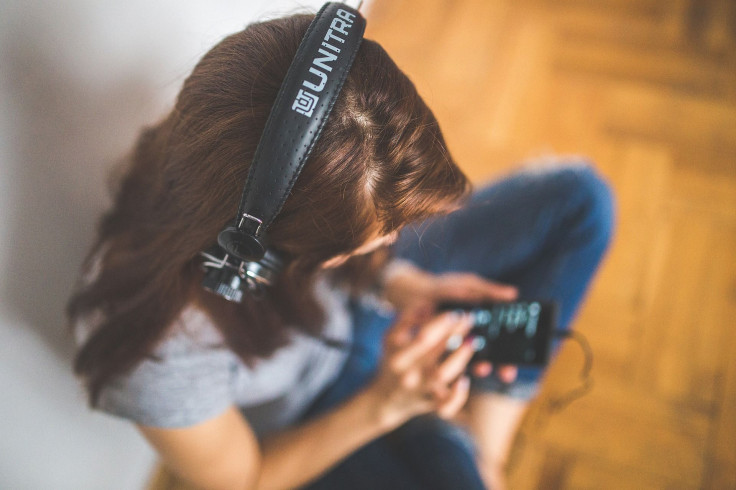This Song Led To A Reduction In Suicides, Increase In Lifeline Calls: Study
KEY POINTS
- Logic released the song "1-800-273-8255" featuring Alessia Cara and Khalid in 2017
- There was a 5.5% reduction in suicides when the song was getting strong public attention
- The study's findings are consistent with the Papageno effect
A song featuring the National Suicide Prevention Lifeline led to an increase in calls to the helpline and a reduction in suicides, a new study has found. The findings show the possible benefits of healthier media portrayal.
American hip hop artist Logic released a song, titled "1-800-273-8255," in 2017 highlighting the U.S. National Suicide Prevention Lifeline number. It features someone in a suicidal crisis finding support and help through a crisis counselor.
The song garnered quite a bit of attention, reaching No.3 on the U.S. Billboard charts. The artist also went on to perform at the MTV Music Awards in 2017 and the Grammy Awards in 2018, the British Medical Journal noted in a news release. At the time, Logic called it "the most important song I've ever written."
For their new study, published in the Christmas issue of the BMJ, researchers sought to determine the changes in suicides and call volumes to U.S.National Suicide Prevention Lifeline at the time when the song was garnering massive attention. They looked at the daily Lifeline calls and suicide numbers before and after the song was released. The team also looked at tweets to determine the "amount and duration" of the attention the song received.
The researchers found that in the 34 day period after the three events that garnered the highest public attention — the song's release, the MTV Video Music Awards performance and the Grammy Awards performance — the lifeline received an excess of 9,915 calls, marking a 6.9% increase from the expected number. There was also a reduction of 245 suicides over the same period, which was 5.5% lower than expected.
"This analysis suggests that Logic's song '1-800-273-8255' was associated with a noticeable increase in calls to Lifeline and a simultaneous small reduction in suicides during peak social media discourse about the song," the researchers wrote.
The Papageno effect
The researchers said the results are consistent with the Papageno effect, or the theory suggesting that media reports of someone overcoming a suicide crisis can have protective effects against such situations. It shows the "influence that mass media can have by responsibly reporting on suicide and presenting non-suicide alternatives to crises."
This is in contrast with the Werther effect, which shows that repetitive reporting of the same suicide cases and suicide myths may trigger an increase in suicide rates.
The researchers noted that they cannot establish the cause because of the observational nature of their work. Furthermore, there are some limitations to the study. However, it shows possible health benefits of "working creatively and innovatively" with industries to promote help-seeking behaviors to wide audiences by featuring "coping and mastery of crises" instead of "potentially lethal" actions, the researchers noted.
"Logic has shown the potential of creative arts to communicate constructive coping strategies for people in mental distress," psychiatrist Alexandra Pitman, of University College of London, wrote in an editorial.
"Future plans for similar interventions should attempt to measure attitudes to suicide in the target audience to help us understand the mechanisms of action. Until then, the commitment of key cultural influencers is welcome to help amplify public health interventions intended to strengthen protective factors against suicide in specific vulnerable groups," Pitman added.
If you have thoughts of suicide, confidential help is available for free at the National Suicide Prevention Lifeline. Call 1-800-273-8255. The line is available 24 hours, every day.

© Copyright IBTimes 2025. All rights reserved.






















